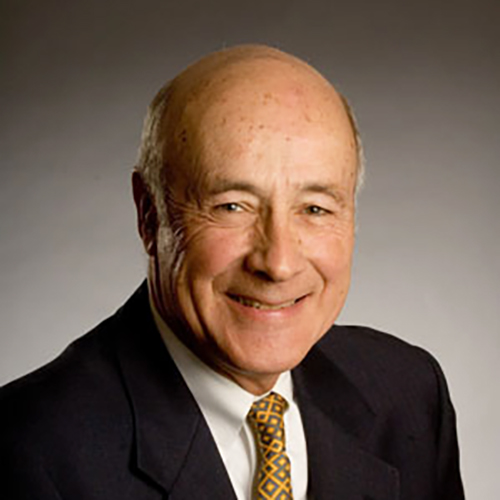He cut his scholarly teeth by studying Africa. Later, he coined the term “Soft Power” and strongly contested the one -dimensionality of anarchic canon that the realist tradition holds as the truth of international system. Joseph S. Nye Jr. leaves a great intellectual legacy of international politics. This is a legacy on states and power that will endure for long.

How have states perceived themselves relative to each other? Power. Hard power of coercion -Military and economic. To Hans Morgenthau, renowned proponent of realist paradigm, a statesman has three tools at his disposal: logic, bribes and threats. Niccolò Machiavelli strongly taught that a Prince’s primary concern should be war while Thomas Hobbes looked at the world as anarchic. And thus, it became an article of faith, within the realist thought that the international system is eternally anarchic.
Yet, one scholar, Prof. Joseph Samuel Nye Jr., he of the neoliberal thought, reconstructed the concept of power, and contested, forcefully, the one-dimensionality anarchic canon.
In his magisterial work Bound to Lead (1990) he observed that first, America was not on decline as postulated by Paul Kennedy in his 1997 Bestseller The Rise and Fall of the Great Powers. Kennedy thought that America military might was being overshadowed by the USSR and that Japan was taking the economic lead. Furthermore, he warned that just like Spain of yore, the US was in decline.
But no, Bound to Lead debunked this myth. Prof. Nye considered that the great influence of the US through culture- Hollywood, music, value system – democracy, the Marshall Plan, the Peace Corps, Voice of America, Fulbright fellowships as influential. Hence, he coined the term “Soft Power’ …the ability to affect others by attraction and persuasion rather than just coercion and payment.”
But Prof. Nye would later review this outlook. In Soft Power: The Means to Success in World Politics, he acknowledged that “…soft power was only one component of power, and rarely sufficient by itself. The ability to combine hard and soft power into successful strategies where they reinforce each other could be considered “smart power.”’ Hillary Clinton loved the idea of Smart Power.
Therefore, for us, students of Diplomacy at the University of Nairobi’s Department of Diplomacy and International Studies (IDIS), Prof. Nye was a resourceful intellectual. His works came in handy as we explored dynamics of the international system, especially in Public Diplomacy where the concept of Soft Power was quite enticing.
Indeed, as far as great minds go, Prof. Nye was as prolific as he was terrific. In fact, in 2011, Foreign Policy, a magazine, named Nye as one of the top 100 Global Thinkers. The famed University Distinguished Service Professor, Emeritus and former Dean of the Harvard’s Kennedy School of Government, died recently. He was 88. What a loss? But the world of International Politics paid glowing tributes. Prof. Nye has been described as “one of the great architects of modern international relations.” And to Jake Sullivan, the former U.S National Security Adviser, “Joe Nye was a giant. He was a giant because his ideas shaped the worldviews and approaches of multiple generations of policymakers.”
Additionally, former secretary of state, Antony Blinken wrote simply: “Joe Nye. A life wonderfully lived. Few contributed as much to our intellectual capital, our understanding of the world and America’s place in it…”
It is interesting to note that Nye cut his scholarly teeth by studying Africa. While at Oxford University, UK, he met some African scholars who fascinated him by stories of decolonisation. He would later secure a scholarship to study Pan Africanism. The upcoming scholar focused on East Africa – Tanganyika (later Tanzania) Kenya and Uganda- to establish possibility of a federation. He concluded that colonial borders, and ideological disparities made a federation impossible. Prof. Nye captured this in his 1965 book Pan Africanism and East Africa Integration. What conclusion considering that in 1977, the East African Community (EAC) became defunct.
But lately, Prof. Nye was a peeved man. Why? you may ask. Donald Trump. See, Trump is upending the international order that America painstakingly constructed. That would not be a big deal why it not of something else: Trump is dismantling the U.S. Soft Power edifice. USAID, Gone. Voice of America? Silenced. Transatlantic relationship? Severed. The list is long. And this, he feared will accelerate now, in true terms the decline of America, he reasoned.
That’s why his untimely exit is of concern. No time does the world need intellectuals in international relations as today. At least, there’s foundation towards analysing the world from Nye’s hundreds of articles and tens of books the corpus with which has few rivals. True as we say we say, “Deans never die, they just lose their faculties.”
